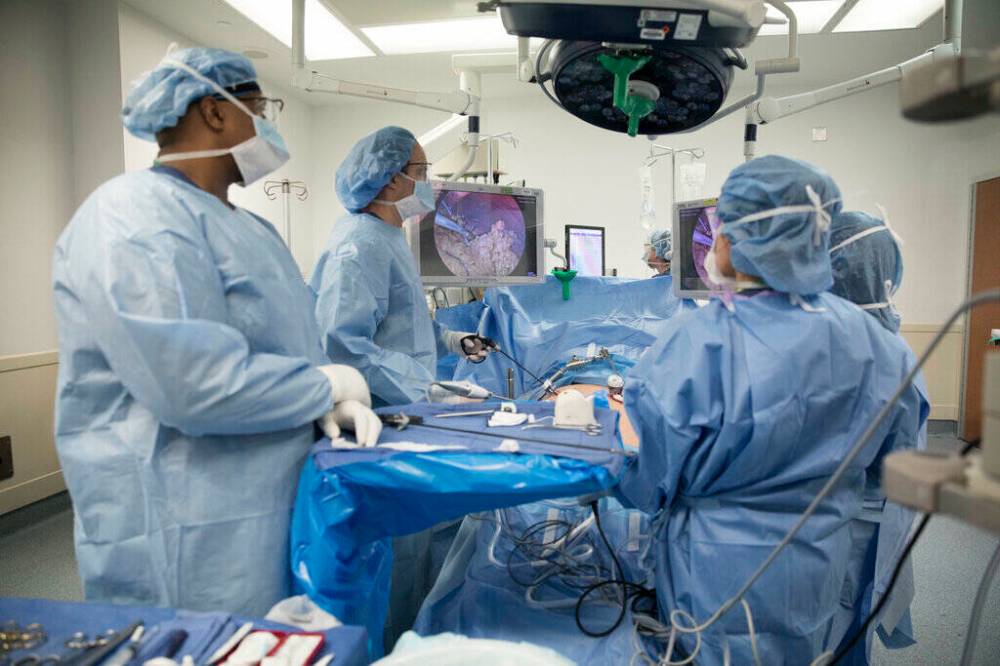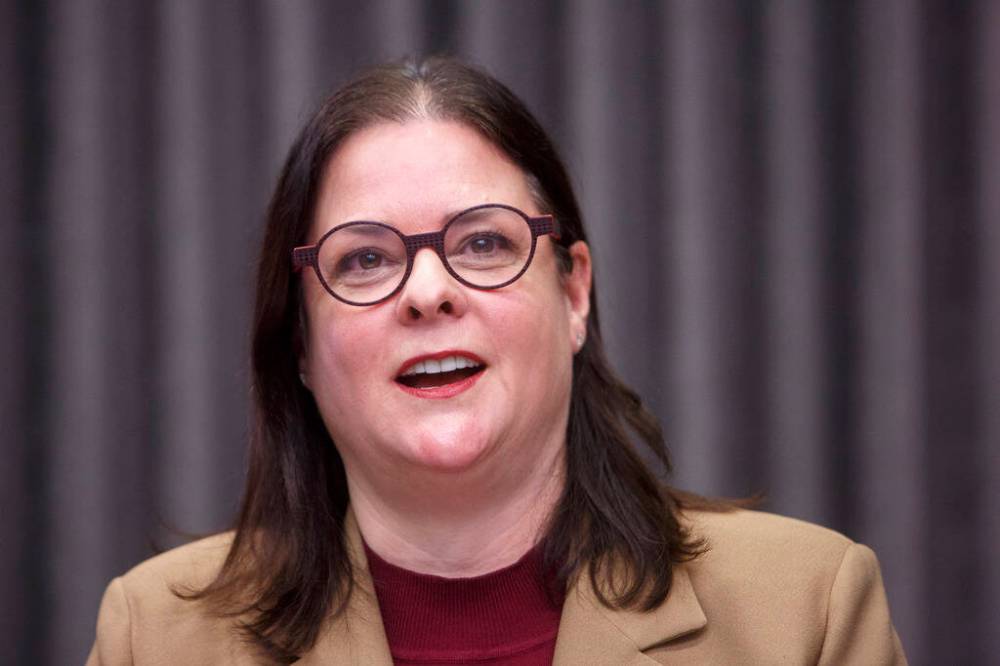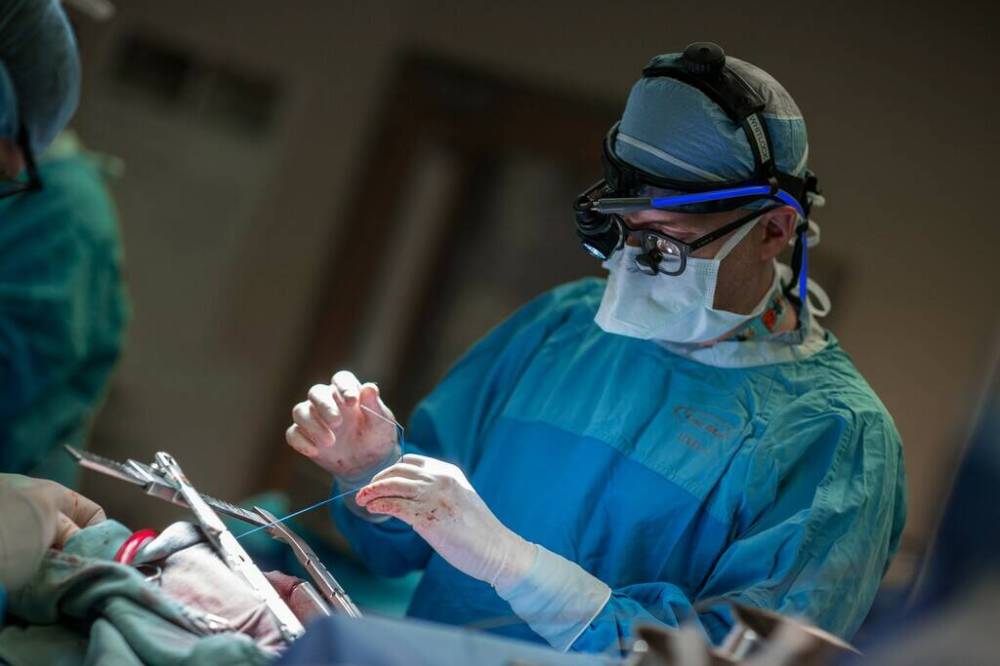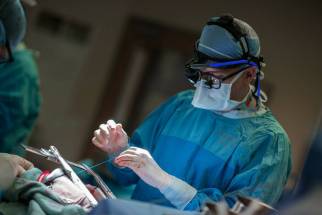Responsible, prudent path for Manitoba falls by wayside
Read this article for free:
or
Already have an account? Log in here »
To continue reading, please subscribe:
Monthly Digital Subscription
$0 for the first 4 weeks*
- Enjoy unlimited reading on winnipegfreepress.com
- Read the E-Edition, our digital replica newspaper
- Access News Break, our award-winning app
- Play interactive puzzles
*No charge for 4 weeks then price increases to the regular rate of $19.00 plus GST every four weeks. Offer available to new and qualified returning subscribers only. Cancel any time.
Monthly Digital Subscription
$4.75/week*
- Enjoy unlimited reading on winnipegfreepress.com
- Read the E-Edition, our digital replica newspaper
- Access News Break, our award-winning app
- Play interactive puzzles
*Billed as $19 plus GST every four weeks. Cancel any time.
To continue reading, please subscribe:
Add Free Press access to your Brandon Sun subscription for only an additional
$1 for the first 4 weeks*
*Your next subscription payment will increase by $1.00 and you will be charged $16.99 plus GST for four weeks. After four weeks, your payment will increase to $23.99 plus GST every four weeks.
Read unlimited articles for free today:
or
Already have an account? Log in here »
Hey there, time traveller!
This article was published 03/02/2022 (1405 days ago), so information in it may no longer be current.
Winnipeg hospitals have performed about 300 fewer surgeries per week, on average, since the Omicron variant began spreading through Manitoba almost two months ago.
That’s 300 patients per week who will be forced to wait weeks and months longer than usual for procedures such as knee and hip replacements, cataracts and cardiac surgery. Many have already waited months, perhaps years, in pain.
Those surgical numbers are a rough estimate provided by Shared Health. No one knows for sure how many surgeries did not proceed in recent weeks, owing to record numbers of COVID-19 patients in hospital.

However, when Shared Health compares the last 10 weeks with the same period prior to the pandemic, it has a pretty good idea of how far hospitals have fallen behind on elective surgeries and other procedures, such as diagnostic testing.
Between Nov. 22, 2021, and Jan. 30, Winnipeg hospitals performed 6,475 elective surgeries. During the same period in 2019-20, the number was 9,576.
That’s 3,101 fewer surgeries over 10 weeks, or about 310 per week on average.
It’s not a complete picture; it excludes postponed surgeries outside of Winnipeg. It also doesn’t account for the growth in surgeries from year to year. With a growing and ageing population, there would likely be more surgeries performed this year compared with two years ago.
Assessing the backlog of surgeries and other hospital procedures is not as simple as adding up the number of known cancellations, says Shared Health. That’s because many physicians stop booking procedures when space runs out in hospital.
Assessing the backlog of surgeries and other hospital procedures is not as simple as adding up the number of known cancellations, says Shared Health.
“Tracking surgical volume and comparing it to pre-pandemic periods are the best method we have in assessing the impact the Omicron wave has had on elective and non-urgent surgical capacity,” a Shared Health spokesperson said in a statement.
It would be safe to say COVID-19 has prevented well over 300 surgeries per week from being performed during the Omicron wave in Manitoba. Premier Heather Stefanson’s refusal prior to Christmas to bring in more stringent measures to slow the spread of the novel coronavirus (as was recommended by experts) contributed to that backlog.
The bad news: there appears to be no relief in sight.
With COVID-19 hospitalizations continuing to grow over the past week, the cancellation of surgeries will likely continue. Even if only 40 per cent of COVID-19 hospitalizations are “because of” the virus, as public health officials claimed this week, there are still about 300 COVID-19 patients in hospital. That’s close to Manitoba’s peak during the third wave of the pandemic last year.
Even if only 40 per cent of COVID-19 hospitalizations are “because of” the virus, as public health officials claimed this week, there are still about 300 COVID-19 patients in hospital.
Stefanson’s decision to ease public health measures next week will almost certainly make the situation worse. The premier said it’s time for Manitobans to get their lives back. However, for the tens of thousands of people waiting for surgeries and other hospital procedures, there will be no such return to normalcy.
Stefanson says she has adopted a more suitable balance between public health restrictions and a return to normal life. What she has really done is shifted her government’s priorities away from protecting hospital capacity in favour of individual liberties.

Allowing more people to gather in homes for Super Bowl parties and other social events (household gathering limits will increase next week to 25, from 10, for vaccinated people and to 10, from five, for the unvaccinated) will become more important than protecting surgical slates in hospitals.
Stuffing thousands of hockey fans into Canada Life Centre for Winnipeg Jets games will take precedence over reducing dangerously high bed occupancy rates.
Stuffing thousands of hockey fans into Canada Life Centre for Winnipeg Jets games will take precedence over reducing dangerously high bed occupancy rates.
Stefanson had options: she could have waited until hospitalizations fell to manageable levels and surgical bookings returned to normal volumes before loosening restrictions. That would have allowed more time to convince people to get their third dose (booster) of the COVID-19 vaccine and for the province to enhance safeguards in schools.
It would have also freed up hospital space to prevent dozens of patients per week from being shipped to health-care facilities in rural communities far from their homes.
That would have been the responsible and prudent path. For reasons only Stefanson knows, she chose not to take it.
tom.brodbeck@freepress.mb.ca


Tom has been covering Manitoba politics since the early 1990s and joined the Winnipeg Free Press news team in 2019.
Our newsroom depends on a growing audience of readers to power our journalism. If you are not a paid reader, please consider becoming a subscriber.
Our newsroom depends on its audience of readers to power our journalism. Thank you for your support.

1.jpg?h=215)






